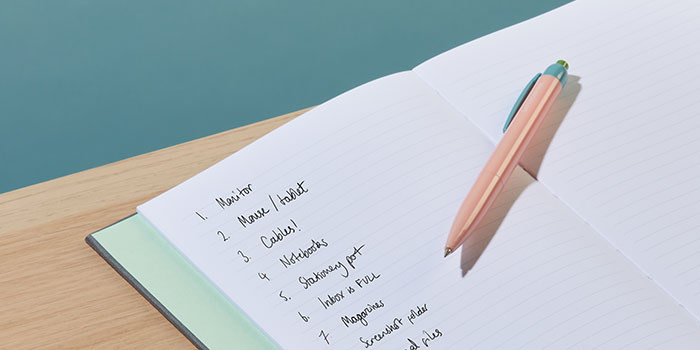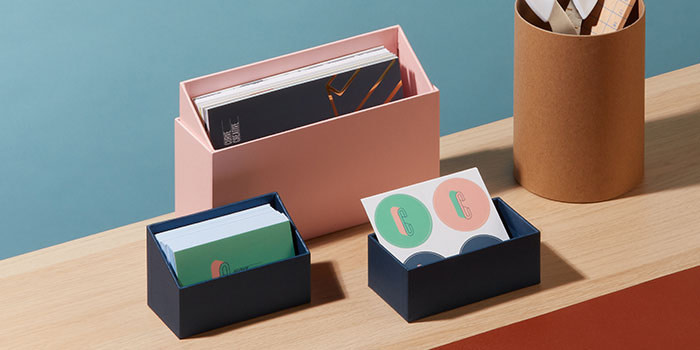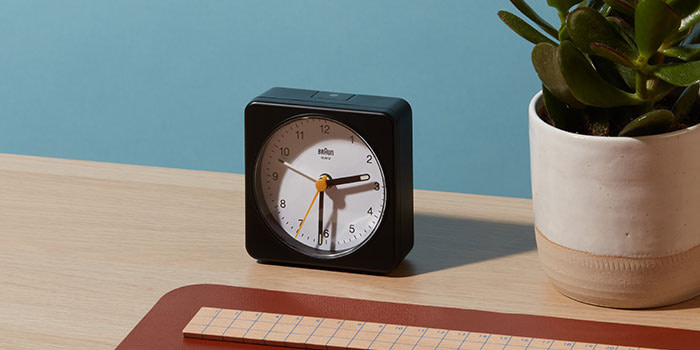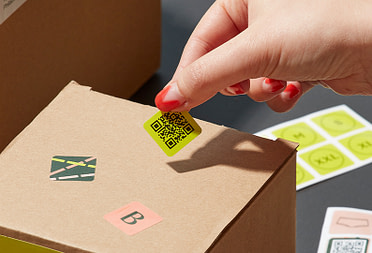An expert’s guide to decluttering with Laurel Farrer
Decluttering expert Laurel Farrer offers seven ways to keep your WFH set-up focused and productive.

Desk filled up with empty coffee cups? Desktop filled up with a million icons? We’ve all been there. So we asked Laurel Farrer from workplace experts Distribute for some tips on creating a clean, productive WFH setup.
While most of us are fairly new to remote working, Laurel Farrer has years of experience. She’s the president of the Remote Work Association and CEO of workplace mobility wizards Distribute Consulting. So we asked her to share her favourite tips for making WFH work better.
Start with an audit
The first thing Laurel suggests is to grab a Notebook and see just how much stuff there is on your desk / kitchen table.
“Auditing is a critical principle in business finance and operations because it’s so common for little expenses or habits to build up over time and take us off track. The same is true in our personal lives as well. We often have no idea how much time we spend on social media or how many useless papers we have in our desk until we are presented with hard evidence. So, some type of audit is a great place to start – keep track of your time, your messages, your meetings or whatever it is that you need to declutter, then look for opportunities to consolidate or eliminate areas of waste.”
Don’t keep things “just in case”
That old fax machine you’ve been saving for a rainy day? Turns out it might be best to let it go. It may even be (gulp) cluttering up your space.
“Think about this in terms of cleaning out your closet – there is probably some old suit or shirt or shoes that have been taking up space and collecting dust for years because you kept it “just in case.” But you’ve never used it. There are a few exceptions to this, but generally, if it’s affordable to replace, has little sentimental value, and you haven’t used it in the past year, it’s probably safe to get rid of. The same is true in your professional life as well – think critically about the papers, cords, meetings, records, habits or accessories that you have, but don’t ever use or need.”
Think about ergonomics
Hybrid working’s here to stay. So for the sake of your back, it’s probably time to upgrade that old folding chair.
“What is comfortable is not always good for your physical or mental health. Like working from bed or from a beach – those sound dreamy, but they’re terrible for your body over time. Investing in an ergonomic desk and chair setup may not sound very fun in the short-term, but will make a huge difference to your physical and mental health long-term.”
Focus on the essentials
Farrer is a big fan of “Tidying Up with Marie Kondo”. So if your desk is full of (to take a totally hypothetical example) old coins and pens that don’t work, it’s time to declutter.
“Take everything off of your desk and out of your workspace, then only bring back what is absolutely necessary. Then, do the same thing with your time and tasks – audit your meetings, breaks and tasks to ensure you are being efficient and productive throughout the work day. Because if your desk is cluttered, it’s likely that your mind is too.”
Keep life and work separate
Find yourself flapping about from one task to the next, never able to probably focus? It’s probably time to time block, says Farrer.
“Time block your day to prioritize the most important things – relationships with loved ones, exercise, critical tasks with forthcoming deadlines – then fill in the spaces with everything else. Not only will you be able to fit more into your schedule, but it will also help you naturally edit and manage your time more effectively.”
Get proactive with mess
Don’t be like the dog who thinks “This is fine” before the flames take over? Do a little decluttering often, before you’ve got a big mess on your hands.
“If you’re only decluttering as a reaction to a big mess, then you’re already too late. The big mess has probably been affecting your focus and energy for a long time. Instead, proactively prevent big messes from ever happening by dedicating just 10 minutes at the end of every day to update your to-do list and throw away extra papers from the day, then schedule 15–30 minutes once a week to organize and dust your whole desk. It’s sooooo much easier than taking a whole day (or two) to tackle the whole office.”
Don’t forget to clock off
When your bedroom is your office which is also your living room, it’s easy for life and work to blur. To avoid this, Farrer recommends some time management.
“Create boundaries, especially with your time. It might be tempting to just open up your laptop and work any time that you think of something you need to do, but that’s a recipe for disaster for your work-life balance. Instead, hold yourself accountable to starting and stopping work at certain times. Both your personal and professional lives will benefit from the structure and separation.”
Ready to start tidying? Keep your desk clean and decluttered with our new Display Boxes.
Keep in touch
Get design inspiration, business tips and special offers straight to your inbox with our MOOsletter, out every two weeks.






